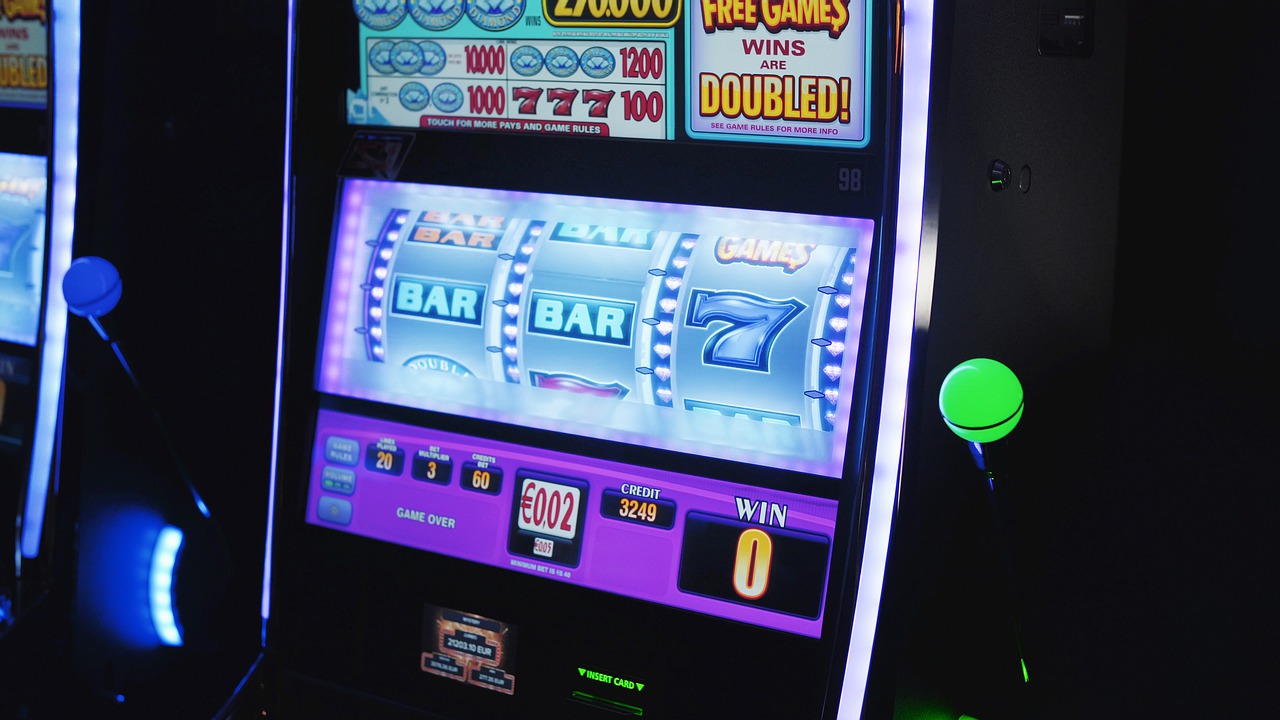
What happens when you place an order?
When a trader’s order is placed, it goes straight into the market. A retail customer buying or selling currencies will generally match another trader (a “market maker” who has agreed with their broker to buy or sell currencies continuously). The market maker’s function is to ensure there are enough buyers and sellers in the forex market at any one time, ensuring that there is always liquidity. No price is too high or too low for a market maker as they will always buy (or bid) and sell (or ask) at an identical rate.
On the other side of the market, some traders trade with brokers rather than other individual traders. These traders typically make a living by exploiting the spread—the difference between the bid and offer price for a currency pair—and close their positions before delivering actual currencies to cover their parts (taking on a cash position).
Alternative to CFD
As an alternative to CFD trading, some brokers allow traders to open cash positions to buy Euros or Dollars to profit if the currency rises in value. But these traders face exchange rates risk as they have to purchase actual Euros or Dollars and are not guaranteed a profit when they close their positions.
There is little reason for a trader to open a physical position because it would mean having their money tied up in one currency pair rather than trading multiple teams at once. The forex market is an open market, meaning that you can buy and sell to your heart’s content at any price you want (as long as there are buyers or sellers on the other side of the trade).
For this reason, many traders use automated trading robots to execute their strategies quickly and efficiently. These robots can be programmed to take advantage of small pricing differences in currency pairs and buy and sell orders without human interaction.
Why should you use Forex?
Forex is also an increasingly popular asset class for investment funds, pension plans, and other institutional investors. In addition, by monitoring exchange rates in real-time—and trading on news events as they occur—these institutions can eliminate the risk of currency fluctuations that could otherwise affect their bottom line.
For banks, the market is also a source of income: they collect $5 billion in fees annually for providing trading platforms and services to institutional investors. In addition, banks make around $20 million per day collecting interest on the money they lend to other institutions based on cross-currency interest rates.
Additionally, banks are generating a growing amount of revenue from managing currency risk for their corporate clients. This is especially true in larger corporations that generate foreign exchange revenue since banks can hedge this risk by entering into forwarding contracts with other institutions or selling it as structured products. You can start trading today using reliable sites like markets.com.
Comments are closed.











